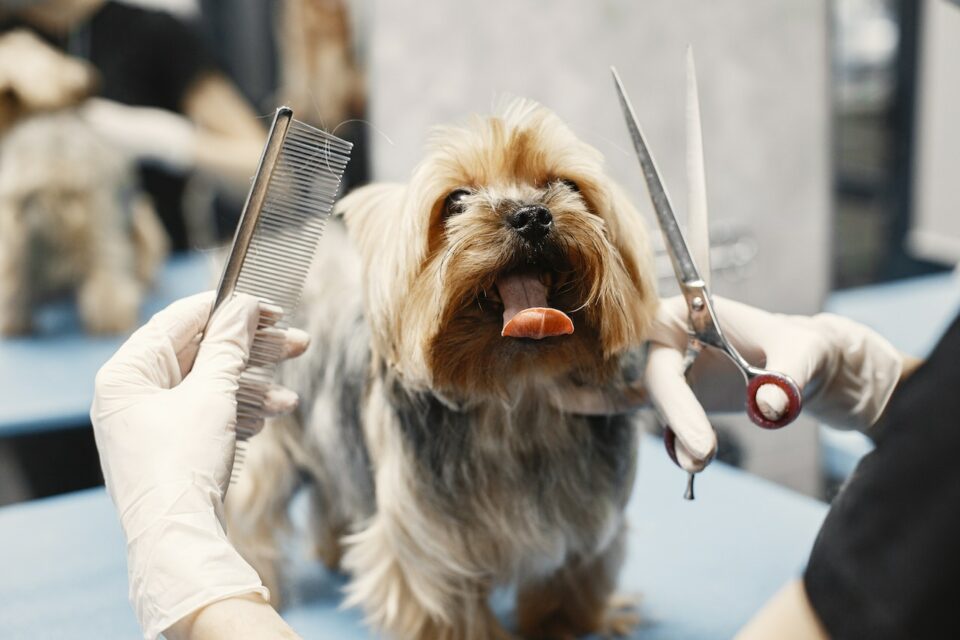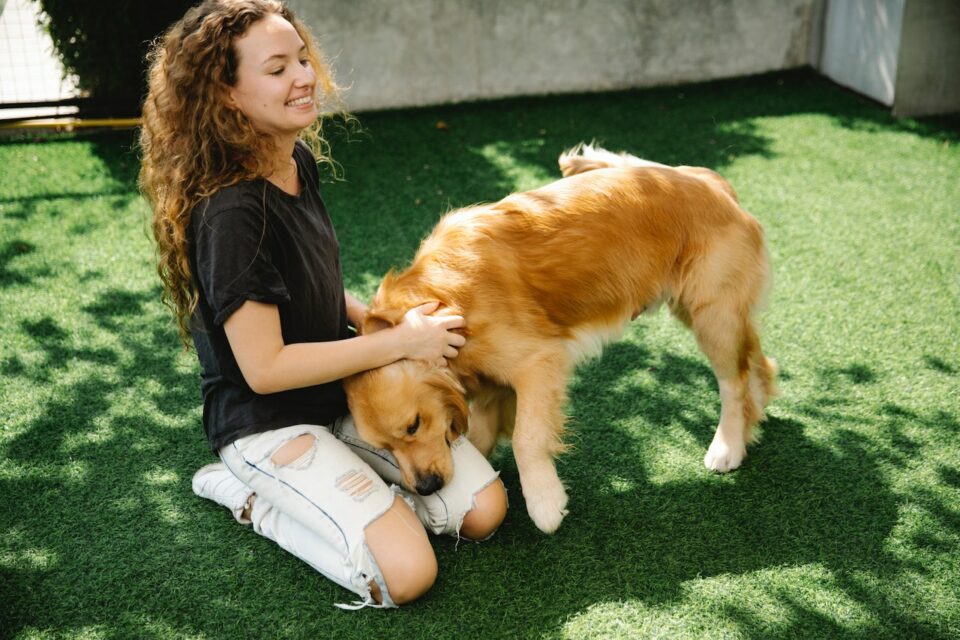How to Relieve Dog Itching after Grooming: Effective Solutions
After a grooming session, it’s common for dogs to experience itching. This discomfort can be distressing for pets and worrisome for owners. Itching can result from various factors, including clipper burns, skin irritation, or an allergic reaction to grooming products. Each dog has a unique skin type, and what works for one may not be suitable for another, making the issue even more challenging to tackle.
Understanding and addressing this post-grooming itchiness is essential for the comfort and well-being of your beloved pet. Timely and effective solutions not only alleviate your dog’s discomfort but also prevent potential skin infections and other complications. It is crucial for pet owners to be informed and proactive in managing and preventing this common issue after grooming.
Pinpointing the Culprits: Why Does Your Dog Itch Post-Grooming?
Clipper burns and skin irritations are often the immediate culprits behind a dog’s post-grooming itch. Clippers can sometimes irritate the skin, leading to a painful burning sensation. This discomfort is not only distressing for the dog but can also lead to subsequent issues such as redness and inflammation. In some cases, the use of dull or dirty clippers can even cause minor cuts or nicks on the skin, further contributing to post-grooming itchiness and discomfort.
Additionally, some dogs have pre-existing sensitive skin, which grooming can exacerbate. Their skin may already be dry or prone to allergic reactions, making the grooming process, particularly if not done gently and with suitable products, a potential trigger for flare-ups. Understanding how your dog’s skin reacts to different grooming products is essential, as reactions to certain shampoos or conditioners can also cause itching.
Distinguishing between infections and reactions is crucial. Infections may produce symptoms like redness, swelling, and a foul odor, whereas reactions might involve hives or red bumps. These differences are vital to recognize, as the treatment for an infection will differ from that of an allergic reaction. Consulting a veterinarian can clarify the issue and guide the appropriate course of action. This professional insight ensures that pet owners are not just guessing but are treating their pet’s condition with the most effective and safest approach.
Related Link: 4 Tips to Keep Your Dog’s Coat Clean

Grooming Best Practices
Selecting the right products is essential for itch-free grooming. Allergy Shampoo and Therapeutic Shampoo are formulated to be gentle on a dog’s skin and can prevent irritation, often containing natural soothing ingredients like oatmeal or aloe vera. Proper brushing is equally important, and using tools like the Detangler Comb and Spray Set and Detangler Spray can make a significant difference. These tools help untangle a dog’s fur without pulling or hurting their skin, and the sprays add moisture to the coat, making it easier to manage during grooming.
Avoiding common mistakes is crucial—especially pressing too hard with clippers or using dull blades. These errors can cause unnecessary discomfort and even harm to your pet. Regular maintenance and proper use of grooming tools, such as cleaning and sanitizing after every use, significantly reduce the risk of post-grooming discomfort. Educating oneself on the grooming process, through consulting with a professional or using reliable resources, ensures pet owners are aware of best practices and can groom their pets confidently and safely.
Discover a world of natural and nourishing care with our holistic dog products. From wholesome nutrition to soothing remedies, we’re here to help.
Home Healing: Natural Remedies to Alleviate Itchiness
To soothe your dog’s itchiness, consider giving them an oatmeal bath. This natural anti-inflammatory can provide instant relief and helps to moisturize dry skin, making it a perfect solution for dogs with sensitive skin. Chamomile tea, when cooled and applied to the affected areas, can also ease skin irritation due to its anti-inflammatory, antioxidant, and astringent properties. It helps to soothe the skin and can be used as a regular rinse after baths.
Coconut oil is another excellent remedy. Rich in lauric acid, it has natural antibacterial and antifungal properties, which can help to combat the microorganisms that contribute to skin infections and associated odors. Its moisturizing effect is beneficial for dry, itchy skin, as it forms a protective layer, locking in moisture and allowing the skin to heal more effectively.
These remedies are convenient and often involve ingredients you already have at home, making them cost-effective options for pet owners. However, always consult a veterinarian before applying new remedies to ensure they are safe and appropriate for your pet’s specific condition.
Dietary Considerations and Veterinary Advice
A balanced diet is fundamental in maintaining your dog’s skin health. Feeding your pet a diet rich in essential fatty acids, particularly omega-3 and omega-6, can significantly promote skin health and reduce inflammation. These nutrients, found in fish oil, flaxseeds, and certain plant oils, act as natural moisturizers for your dog’s skin, helping to maintain its elasticity and prevent dryness.
When a dog’s itching persists or worsens despite your best efforts, it is time to consult a veterinarian. Persistent itching can be a sign of a more serious underlying issue, such as an infection, an allergic reaction, or a more chronic skin condition like dermatitis or mange. The veterinarian can diagnose the precise cause of the itching through a thorough examination and various tests. Based on the diagnosis, the vet can prescribe appropriate treatments. These may range from topical creams or ointments that can be applied directly to the skin, oral medications to treat systemic conditions, or a special hypoallergenic diet to eliminate potential food allergens.

FAQs
- Is it normal for dogs to get itchy after grooming? Some itching after grooming can be normal, but persistent or severe itching is not and should be addressed.
- Why does my dog keep licking himself after grooming? This could indicate irritation or an allergic reaction.
- What is a skin infection in a dog after grooming? It refers to a bacterial or fungal infection that can occur if grooming tools weren’t clean or if the skin was nicked or irritated during grooming.
- Can dogs get dermatitis from grooming? Yes, improper grooming techniques can lead to skin inflammation, known as dermatitis.
Looking for more dog care tips? Checkout on our blog.
A Proactive Approach to Comfort
Being proactive is key to minimizing your dog’s post-grooming itchiness. Regular grooming using appropriate tools and hypoallergenic products like the Dermaskin Ointment and Allergy Shampoo can drastically reduce the risk of post-grooming discomfort. These products are designed to nourish and protect your dog’s skin, preventing irritation and promoting overall skin health. Remember, a comfortable dog is a happy dog, so investing in their skin health is a step towards a happier, healthier pet.
Related Link: Here’s Why Dogs Love Fall So Much
~Veterinarian Recommended